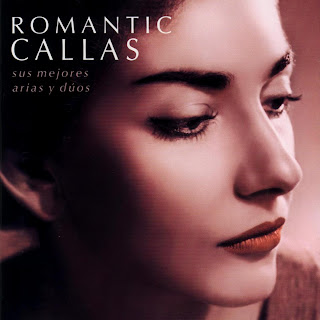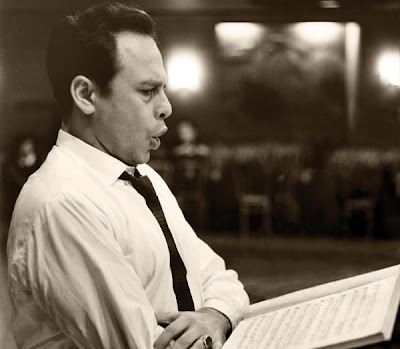Il Tabarro DVD Review
Last night I watched the Met's DVD of Il tabarro (based on Didier Gold's play La houppelande). While it has been a trend to perform Puccini's entire Il trittico of Il tabarro, Suor angelica, and Gianni schicchi together, this DVD pairs Pagliacci and Il tabarro, so I can only review the one. You work with what you've got, eh?
This particular recording of Il tabarro features Juan Pons as Michele, Teresa Stratas as Giorgetta, and Plácido Domingo as Luigi. The supporting roles are sung by members unlisted except on the DVD and I have no access to them. However, this is okay, as I will explain. Overall, the production seems a bit stagnant. I could hope for a little more life, a little more imagination, and a bit more liveliness. I think part of this suffers from either Puccini's writing of the piece, or from the fact that had I seen all three pieces of Il trittico together, as intended, I might feel differently.
The set is fairly simplistic, and built much in the way of a typical opera set. A large "stone" wall backs a harbor walk and a small barge docked alongside. This set surely facilitates bouncing the singers' voices forward off of the back wall. It is a short opera, and therefore expecting set changes and so forth would be unreasonable. That being said, the set feels a bit dead. Perhaps this was an expression of the realismo aspect of the opera. However, if that's the case, it should be realismo done in such a way that the excesses of the production highlight the lack thereof in the setting rather than simply seeming like a lackluster set. Unfortunately the picture featured is the best I could find.
The music from the orchestra and from the conducting of the venerable James Levine are both admirable. James Levine, in my experience, has extremely refined conducting and executes a score with exact precision. I haven't seen him as a conductor with extreme flair or pizazz however, which perhaps adds to the feeling that this production, while good, is a bit lackluster. The chorus and the secondary roles are characterized by inconsistency. La Frugola, Tinca, and Talpa aren't horribly played and there aren't glaring errors, but their acting is sort of half-hearted and their singing ranges from fairly admirable in their interpretation to wobbly and strained sounding.
Now, on to the major singers. Teresa Stratas is woefully under-successful here. The reason I say woefully is that I've seen her in other DVD recordings and watched her both act and sing with incredible skill and interpretive ability. She is by all means one of the great soprano artists of the 20th Century. However, in this particular production, for whatever reason, she seems to fall flat. Her acting seems rather stock, portraying just a young(ish) woman who is beset by woes of the heart. Any character development beyond this seems nonexistent. Her singing is also just the notes, in my opinion, beyond that, there isn't a lot in it to suggest what's going on or who her character is. There isn't a showstopping soprano aria in this piece, it's true, but there's still something else missing.
Plácido Domingo is the real star of this show (and no, it's not just because he's the tenor!). For those who are quite familiar with Domingo's acting and singing, he's what you might expect. Domingo will never have easy, free high notes, he'll never have a light voice, and he'll never have quite the squillo ring of some other tenors. However, he still has the thrilling power behind the voice and acting ability that is so often lacking in tenors who might surpass him in other ways. As he sings through this piece, he trades off easily between being the polite, submissive stevedore under Michele's command to the passionate lover bemoaning his inability to be freely with Giorgietta as she is married to Michele. His "Hai ben ragione! meglio non pensare" has a passionate rage in it that sums up his character. A man who, though wronging someone else, feels wronged himself by fate.
Juan Pons is an interesting actor in this Il tabarro. Initially I was telling myself that he was merely going through the vocal lines and acting a somewhat demure, weathered old man in a dull way. As the production progressed, and particularly as it neared its end, I realized that these were carefully calculated character choices expressed both through physical acting and through singing. Because of this, when, as the production goes on, he becomes more baleful and his rage and bitterness at the death of his child and his wife's loss of love for him rises, it is far more potent. This comes to full fruition in the aria "Nulla! Silenzio!" and the subsequent death of and revelation of the death of Luigi.
All in all, not a bad production, but certainly an uneven one. Still, if, like me, you're looking for a short opera with a strong cathartic finish for an evening without a lot of time, this might be a good DVD to look into. Since it's often sold with Pagliacci, you also have another opera to watch back to back or at a later time!








Comments
Post a Comment